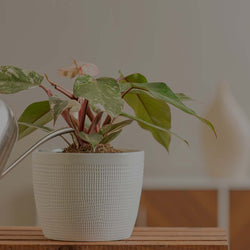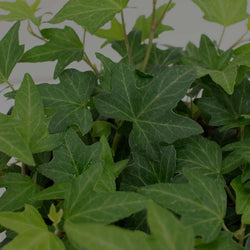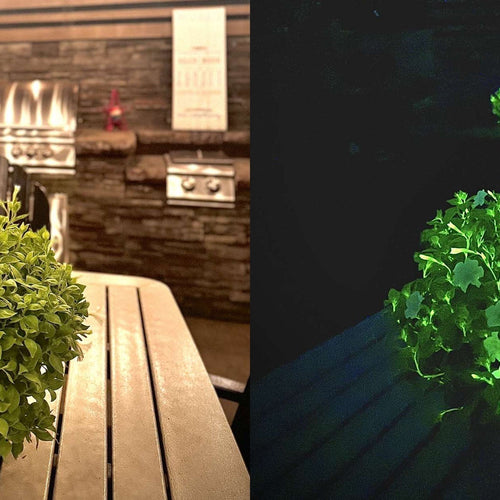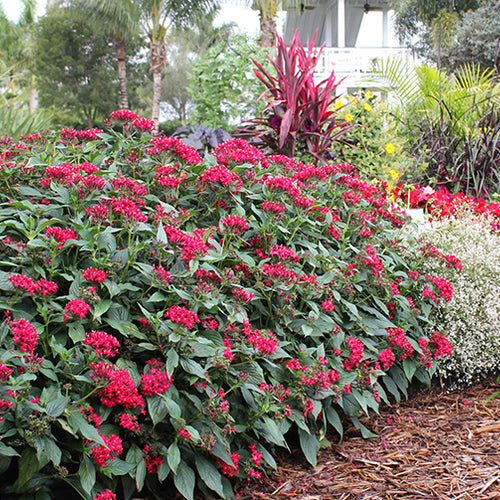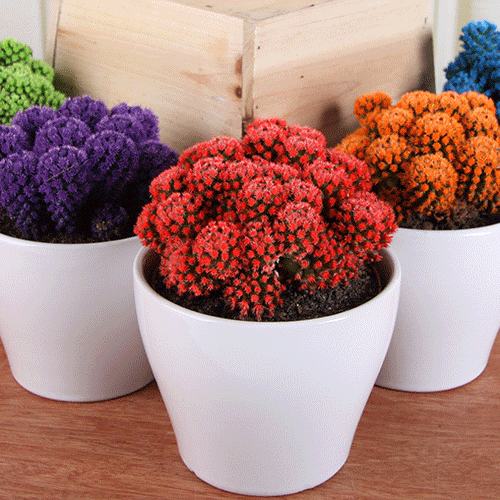 What’s your first reaction when you see an unusual bug on your favorite plants? If you rush to grab a can of insecticide, I beg you to take a deep breath and do some research before waging all out war. The reason you should think twice before you spray is because you might end up killing a lot of good bugs along with the bad.
What’s your first reaction when you see an unusual bug on your favorite plants? If you rush to grab a can of insecticide, I beg you to take a deep breath and do some research before waging all out war. The reason you should think twice before you spray is because you might end up killing a lot of good bugs along with the bad. Keep in mind that on any given day there are probably thousands of different insects that fly, crawl, or hop through your garden. Most are probably busy pollinating your flowers and vegetables while others might just be dining on more nefarious characters, making your job of protecting your landscape a lot easier. That’s why I encourage everyone to invest in a good Field Guide to Insects (either print or digital) to help you identify any unexpected guests so you can sort friend from foe.
Spiders, which are not insects, are often misunderstood. With a few rare exceptions, most spiders are totally harmless, and each one will devour tons of harmful creatures such as grasshoppers, flies, and mosquitoes. One of the most dramatic spider (and scary to some people) is the big, black-and-yellow garden spider that spins large webs in late summer. I admit, I find myself avoiding their sticky webs when I walk through the garden, but I welcome their presence because I’ve seen these hungry spiders make short work of huge, destructive grasshoppers.
 A good bug that can look pretty dangerous at first glance is the larvae of the Black Swallowtail butterfly. These bright green-and-black-striped caterpillars feed exclusively on crops such as parsley, fennel, carrot and will quickly strip some of the foliage off of your plants. Yet, the damage they do is pretty minimal and they eventually transform into gorgeous butterflies that help pollinate your other plants. In our garden, we don’t freak out when we see them. Rather, we set out extra parsley plants to feed everyone.
A good bug that can look pretty dangerous at first glance is the larvae of the Black Swallowtail butterfly. These bright green-and-black-striped caterpillars feed exclusively on crops such as parsley, fennel, carrot and will quickly strip some of the foliage off of your plants. Yet, the damage they do is pretty minimal and they eventually transform into gorgeous butterflies that help pollinate your other plants. In our garden, we don’t freak out when we see them. Rather, we set out extra parsley plants to feed everyone.
I’ve also found that when a destructive pest does threaten, there’s always a safe and sane option to spraying. Aphids, for example, look like large grains of sand on the tips of new growth where they suck plant juices. But, a quick spray with an insecticidal soap knocks them back safely and also protects ladybird beetles (also called ladybugs) that feast on aphids. Tomato hornworms, which are huge, green caterpillars with a scary spike on their back end, are easier to knock off into a jar of soapy water than they are to spray (and who wants to coat their tomato plants with insecticide anyway?).
And, finally, remember that if pests do attack, it’s often because the plant is weak to begin with. Maintaining a healthy garden is key to keeping destructive insects at bay. Keep your garden well fed, well watered, and weed free is a lot more effective than any can of garden spray.
Written by Doug Jimerson
